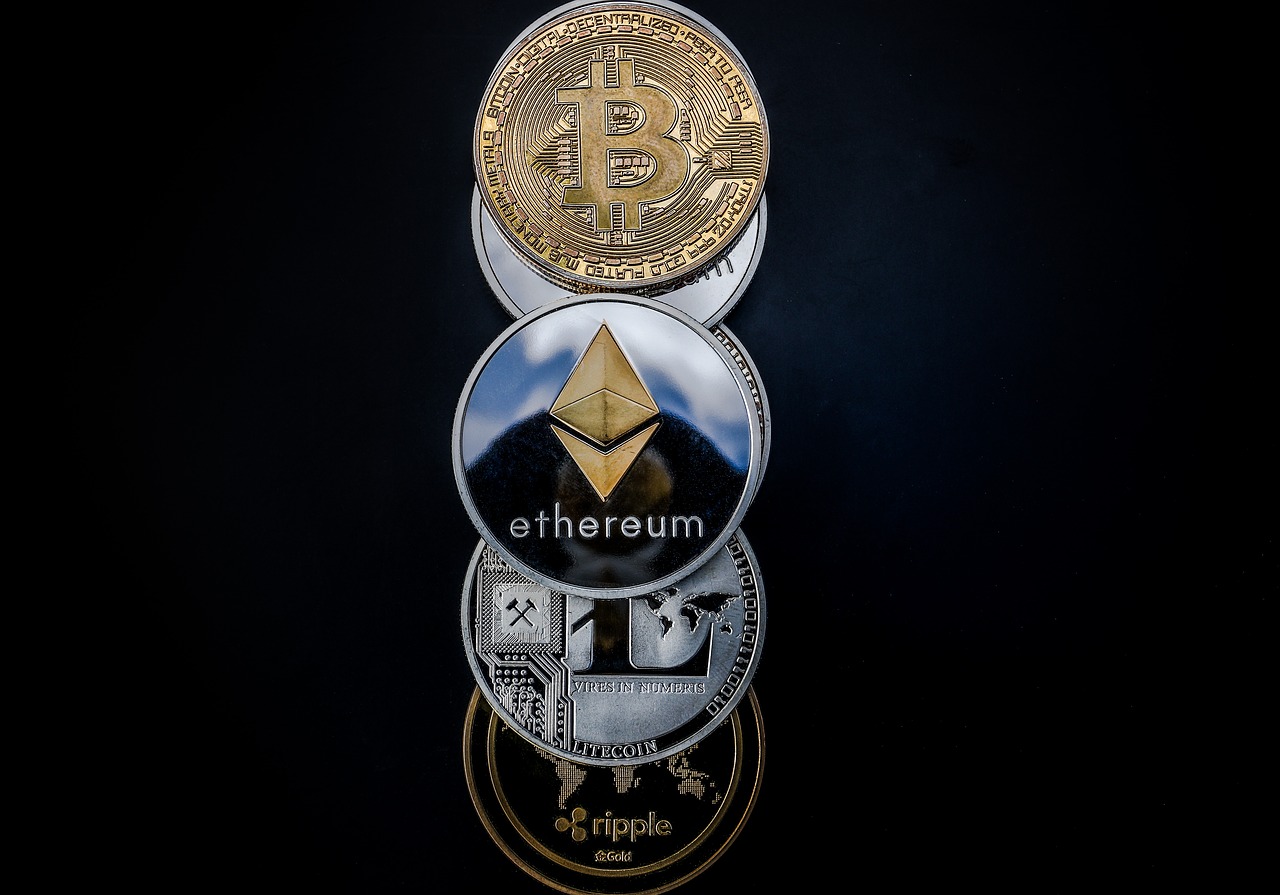FROM RUSSIA WITH CRYPTO: MOSCOW-BASED EXCHANGES OFFERING TO ANONYMOUSLY CONVERT STABLECOINS FOR CASH IN THE UK

Moving money around the world has never been easier. At the click of a button, it’s possible to ping funds from one continent to another in a matter of minutes. While much of this still flows through established payment providers and financial institutions, like major multinational correspondent banks, there are a growing range of alternatives on the market.
One is the proliferation of cryptocurrencies, which use blockchain technology to move digital assets from one place to another. Some cryptocurrencies, called stablecoins, peg their value to ‘real world’ assets, such as the US dollar, to help reduce fluctuations in their value. As you’ve probably read, there’s a load of hype about these payment platforms, as well as a lot of risks.
So, what’s all the fuss about?
While payments between banks involve both businesses making a note of the transaction, blockchain has details of money flows out in the open and in one place. In some ways this makes it incredibly transparent. You can see payments ping about between crypto wallets (akin to conventional bank accounts) because they’re all published.
The flip side is that there remains a multitude of ways to keep the identity of its users anonymous. Now, some might find this incredibly convenient if they’re trying to move legitimate money out of the reaches of an over-bearing state. Conversely, it provides an attractive platform for shifting funds of questionable origin around the world with fewer checks.
New research from Transparency International Russia provides a case in point.
After scouring the internet and social media channels, they found eight Russian-based crypto exchanges who said they were willing to transfer USDT (the most widely used stablecoin, pegged to the dollar) and change it into cash for delivery in London. Curiously, this was not a service they sold over the counter – our colleagues had to ask for it. After conducting a series of undercover interviews, the picture became more concerning.
Despite our colleagues requesting to make transfers that would result in the delivery of over £10,000 in cash (yes, bags full of cash), there was a distinct lack of curiosity from these exchanges about the identity of their customers. The colleagues were not asked to provide a passport or any other type of identification documents in order for the exchange to happen. Just details of what the collector would be wearing and possibly the serial number of a banknote to prove their identity would suffice. Conveniently, the courier delivering the money would be a Russian speaker.
Let’s just pause here for a second. To move this kind of money through the conventional banking system, you’d at least need to provide a passport and possibly some utility bills to prove who you were. It’s a legal requirement under the UK’s money laundering regulations. This information then feeds into firms’ compliance systems so they can check for red flags, like whether you’re subject to financial sanctions or are trying to set-up an account with a fake identity.
Our colleagues found there were none of these checks when seeking to move money from a country that’s subject to widespread financial sanctions and into the UK. None of these firms appeared to be registered for anti-money laundering purposes in the UK, despite appearing to carry out activity here that would require them to do so.
When challenged with these findings, those providers who responded to TI Russia’s request for comment denied offering these services. Given the secrecy these people maintained during the research, it’s difficult to pin down who these providers and their clients are. Nonetheless, this shows that along with opportunities, the booming crypto market is going to provide significant challenges to regulators. Policing this perimeter is always a challenge, especially when those tasked with doing so don’t have all the tools needed to do the job effectively at their disposal. Changes made by the Financial Services and Markets Bill will help the Financial Conduct Authority with this task, but if this research is anything to go by there’s plenty of work for them to be doing in this space.
Article Credit: https://www.transparency.org.uk/Russia-cryptocurrency-exchange-UK-money-laundering-investigation-USDT
